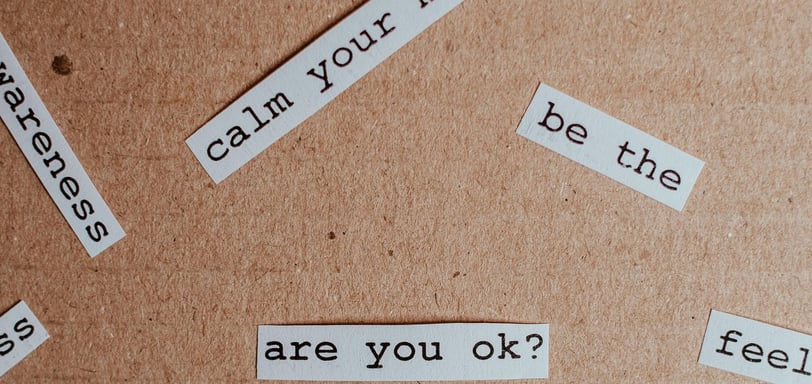Breaking the Chains
Reducing Stigma and Enhancing Awareness in Mental Health
MENTAL HEALTH AND WELLBEING
Dr. Mrityunjay Sharma
8/21/20242 min read


In our fast-paced world, mental health has emerged as a critical aspect of our overall well-being, yet it remains enveloped in layers of stigma and misunderstanding. It's time we address these issues head-on, promoting a more informed and compassionate society.
Understanding Mental Health Stigma
Stigma around mental health is rooted in misconceptions, fear, and cultural stereotypes. People experiencing mental health issues often face prejudice that can lead to discrimination in their personal and professional lives. This stigma can discourage individuals from seeking help for fear of being labeled or judged, perpetuating a cycle of suffering in silence.
The Impact of Stigma on Wellness
The consequences of mental health stigma are profound. It isolates individuals, deprives them of social support, and can exacerbate the severity of mental health conditions. The silence fueled by stigma not only hinders personal recovery but also impacts society by increasing healthcare costs and reducing productivity.
Strategies to Combat Stigma
Education: One of the most powerful tools against stigma is education. Informing the public about the realities of mental health can dispel myths and foster empathy. Schools, workplaces, and media outlets play pivotal roles in shaping perceptions and should actively promote mental health literacy.
Open Conversations: Encouraging open discussions about mental health can normalize these conversations and reduce the feelings of isolation that many sufferers experience. Initiatives like Mental Health Awareness Week and storytelling platforms where people share their experiences are crucial to humanizing the issue.
Supportive Policies: Governments and organizations need to implement policies that support mental health care without discrimination. Health insurance should fully cover mental health services, and workplaces should have policies that protect and support employees dealing with mental health challenges.
Celebrity and Influencer Advocacy: When public figures speak openly about mental health issues as well as share their own mental health struggles, it can have a powerful impact on public perception, demonstrating that mental health issues do not discriminate and that it's okay to seek help.
Community Programs: Grassroots initiatives that provide local support and resources can help build resilient communities. These programs should focus on inclusivity, offering services tailored to the diverse needs of the community, including minority and underserved populations.
Reducing the stigma associated with mental health requires a multifaceted approach involving individuals, communities, and policymakers. It demands a shift in societal attitudes and an increase in resources dedicated to mental health services. By fostering an environment of understanding and support, we can make significant strides toward a healthier, more inclusive society.
Let us all pledge to be part of the change—by educating ourselves, reaching out for help when needed, and offering a supportive ear to those around us. Together, we can break the chains of stigma and build a foundation for better mental health awareness and treatment.
